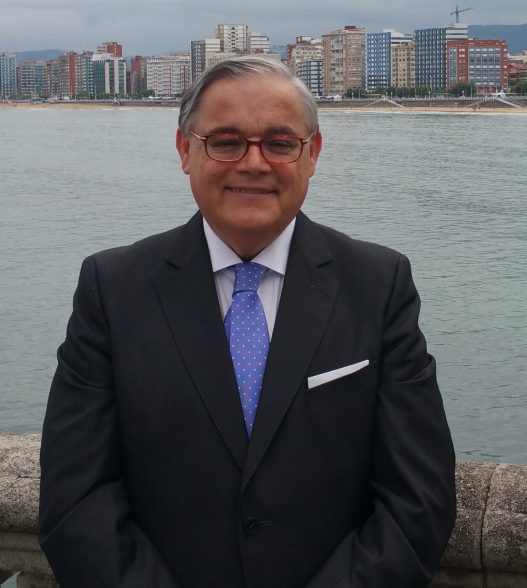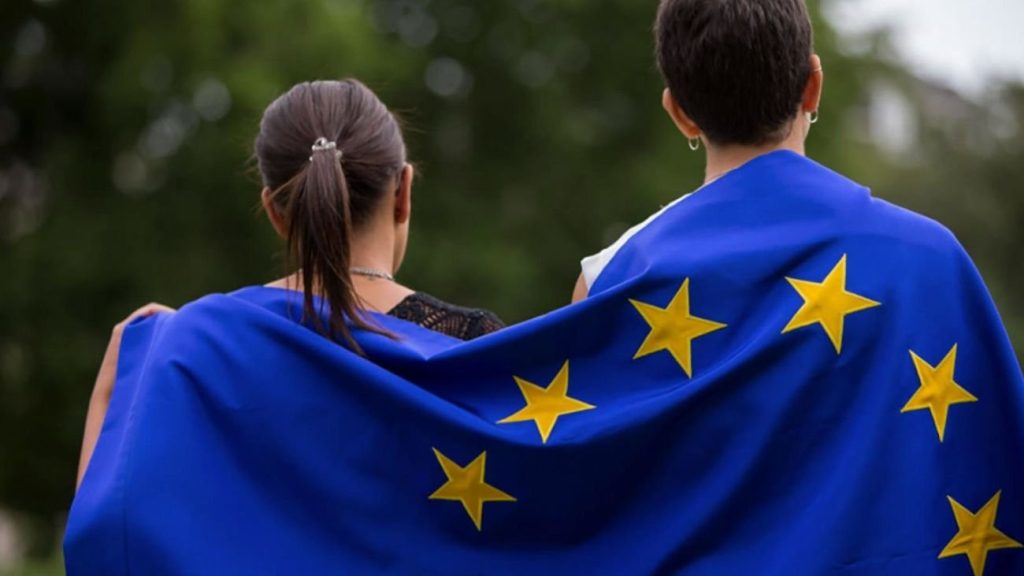ALBERTO BARCIELA
HALA MADRID!

The desire to win makes you win. White on black. There is preparation, concentration, even fanaticism. There is strategy, like chess or war, or ballet, even when the virtuosity of a dribble, a dribble, or reaching the ball to finish it off with a bicycle kick, that clearance with your back to the opposing goal, with both feet in the air.
There is a culture, with its own lexicon, and history, and politics, with its social movements, and its economy. Soccer concerns fashion, architecture, tourism, museums, diplomacy, equality… And, of course, communication, as it provides a specialized journalism, excellent in word, deed and the occasional omission.
In football there is all the passion of the game, the example of teamwork, the opportunity of the uprooted, the uncertainty of the result, the art of creativity, the fun of the show, the excellence, and even the chance raised to multimillion-dollar bets… The mythical of legendary names. It is sport in its purest form, with its pitfalls and its failures, which are also present, but which, if skilfully used, can even become an educational example of what to do and what not to do. Defeat and success become in themselves the perfect metaphor for life.
And then there is Real Madrid. This club contributes with the emotion of constant improvement, socially and in sports, with the result against even better. It is the illusion of many and obtains results that are within the reach of very few. Its track record is unmatched: in its one hundred and twenty-one years of history it has accumulated fourteen European Cups, two UEFA Cups, five European Super Cups, two Latin Cups, two Little World Cups, one Ibero-American Cup, three Intercontinental Cups and five Club World Cups at international level; and thirty-six Leagues, twenty Spanish Cups, thirteen Spanish Super Cups, one League Cup… It was considered by FIFA as the best club of the twentieth century.
I am not much of a soccer fan, I am a fan of Choco de Redondela, Celta de Vigo and Deportivo de La Coruña, as well as Compos, but I owed this article to my godson Antonio and my friends from Barcelona, Atlético de Madrid, Bilbao, Getafe or Gerona, or from many other clubs with excellent, eminent careers. All of them are colossal rivals, many examples of chivalry, almost all of them of fair play, but the second is always the first of the losers, although it may be the model that best serves the new local, national or international generations.
I try to speak with moderate passion, as I do not consider myself a fanatic in almost any field, words, art, friendship, beauty… I like Real Madrid, I am moved by their results, essentially because of what they represent for the sport and for Spain. I admire the model of a club that evokes Don Santiago Bernabeu, his school of human beings and gallantry, the same one that Don Florentino Perez has elevated to irreproachably democratic, economically exemplary, statistically unbeatable, humanly exemplary.
Galicia has been linked to this successful trajectory: Pahiño, Amancio Amaro, Miguel Ángel, Amador, Agustín, Buyo, Michel Salgado, Benito Rubiñán, Lucas Vázquez, and, in this new egalitarian stage, in a certain way exemplary, Vero Boquete, who has brought his magic to the Utah Royals, a club linked, they say, to the Whites. And Joselu, of course. It is possible that not all those who have been, but all those who are, along with the author of the anthem of the tenth the journalist and writer from Pontevedra, born in Sanxenxo, Manuel Jabois, a nine of the pen.
In life “has won the idea that we must always be the first and the best in everything. Success and only success. But that is not real. Don Quixote taught us: in life there are also glorious defeats”. This wise conclusion was conveyed to us by the Italian philosopher Nuccio Ordine. I believe that there are also memorable victories. Madrid, this footballing Madrid is Real until the last minute, and its great rivals know that, without a doubt magnificent, those who truly make their triumphs greater.
Hala, Madrid!
————
ALBERTO BARCIELA, Spanish journalist, is vice-president of EditoRed.
This text is for free use. If you use it, please cite the author and EditoRed.



